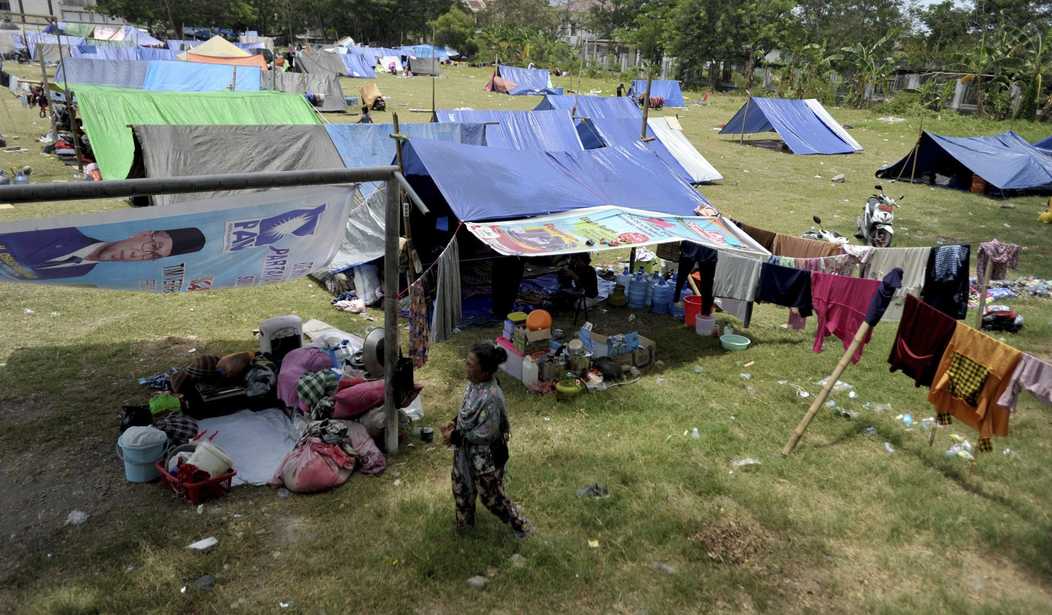The UN secretary-general stressed in a speech today to mark the International Day for the Eradication of Poverty that “freedom from want” is a universal human right and “among the highest aspirations of the world’s people.”
The United Nations Development Program says 1.3 billion people live in “multidimensional poverty,” meaning they are not just poor in terms of income, they are also lacking in health, education, and living standards, explained UNDP Administrator Achim Steiner.
The expected lifespan today is nearly 20 years longer for a child born in a highly developed country vs. a low-development nation.
“Doubling down on Agenda 2030 and the Sustainable Development Goals is our best bet to not only end extreme poverty, but to curb inequality and fast-track progress for the people who have been left furthest behind,” said Steiner, referring to the UN goal set at the 2015 United Nations Sustainable Development Summit.
In New York today, Secretary-General Antonio Guterres said “too many are still being left behind” despite progress in poverty eradication.
“Ten percent of the world’s population remain in extreme poverty. And in our world of plenty, more than 700 million people are unable to meet their basic daily needs,” he said. “Armed conflicts hinder further progress in poverty eradication — and can quickly undermine many hard-won gains. Discrimination and rising inequalities also pose major challenges. Women’s unequal access to opportunities has real impacts not just on their lives, but on families and communities as well. Youth, older people, indigenous peoples, people with disabilities and migrants are also disproportionately affected.”
Guterres added that as disasters also propel families into poverty, “more than ever, we can see the urgency of climate action and efforts to build resilient societies.”
He said that “ending extreme poverty is not a matter of charity; it is a question of justice.”
In adopting and implementing the sustainable development agenda, Guterres said, the international community recognized that “poverty is not inevitable” and “is not a natural state of being or occurrence.”
“It is most often the outcome of choices that societies have made. Today we must choose to build a fair globalization that creates opportunities for all,” he continued. “Inclusive growth supported by economic and social policies that empower people and provide equal opportunities make the difference.”
“…This International Day also honors the struggles and activism of people living in poverty. We must do more to listen to them, address the indignities they face and tackle the power structures that prevent their inclusion in society.”
The United Nations Population Fund in Geneva released a study this week predicting that the world’s population will grow by 2.2 billion by 2050.
Africa’s share of the world population is projected to grow from 17 percent in 2017 to 26 percent in 2050. Family sizes are also larger in global conflict zones.
“In developing countries, 671 million women have chosen to use modern contraception,” UNFPA Director Monica Ferro said. “But at the same time, we know that 250 million in the developing world want to control their fertility, and lack access to modern contraceptive methods.”









Join the conversation as a VIP Member